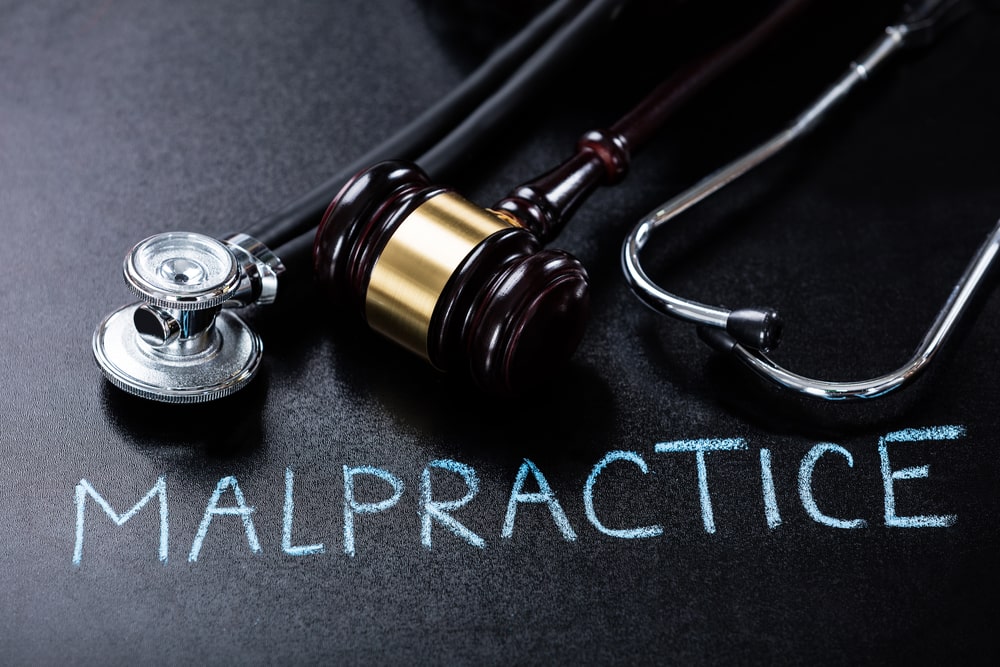Medical Misdiagnosis And Its Legal Ramifications

Medical misdiagnosis is a significant concern in the healthcare sector, affecting countless patients each year. While most healthcare providers strive to offer the best care, errors can happen, often leading to severe consequences for both patients and medical professionals. It is important to understand common types of misdiagnosis that may result in legal action and offer insight into how these situations can be addressed.
When Diagnosis Goes Wrong
Misdiagnosis can occur in various forms, each with the potential to gravely impact a patient’s health. One of the most common issues is diagnosing a disease or condition that the patient does not have, leading to unnecessary worry and treatment. Conversely, failing to diagnose a serious condition can prevent a patient from receiving critical care, possibly worsening their health status.
Conditions Frequently Misdiagnosed
Certain diseases are notoriously difficult to diagnose correctly due to their complex symptoms or because they mimic other conditions. Below are some ailments often associated with diagnostic errors:
Cancer
Misdiagnosis of cancer—whether delayed diagnosis or misidentifying the type or stage—can be particularly detrimental. Timely and accurate diagnosis is crucial to effective treatment. Mistakes in diagnosing cancer can lead to aggressive treatments that are not only unnecessary but also harmful, or to a lack of essential treatment, adversely affecting the patient’s survival chances.
Heart Attacks
Heart attacks are often mistaken for less serious issues such as indigestion or anxiety, especially in women, who may experience symptoms differently than men. A misdiagnosis can lead to a lack of urgent care needed to prevent serious cardiac damage or death.
Stroke
Strokes require immediate treatment to minimize brain damage. Misinterpreting stroke symptoms as those of migraine or vertigo can delay critical interventions that could potentially save brain function and prevent long-term disability.
Autoimmune Diseases
Conditions like lupus or multiple sclerosis (MS) present with a wide range of fluctuating symptoms, often leading healthcare providers down the wrong diagnostic path. The delay in correct diagnosis and treatment for autoimmune diseases can result in significant harm to various bodily systems.
Legal Considerations In Misdiagnosis Cases
Patients who suffer from a misdiagnosis may consider legal action with a medical malpractice lawyer if they believe that an error has led to personal harm. In such cases, the legal system examines whether the healthcare provider deviated from standard medical practice. Proving negligence requires showing that a competent doctor would not have made the same mistake under similar circumstances.
How Patients Can Protect Themselves
Patients are encouraged to be proactive about their health to help mitigate the risks of misdiagnosis. This includes seeking second opinions, especially for serious or rare conditions, and maintaining open lines of communication with healthcare providers. Documenting symptoms and medical visits can also provide crucial evidence if something goes wrong.
The Role Of Healthcare Providers In Reducing Errors
For healthcare professionals, continuous education and training are vital in refining diagnostic skills and staying updated on best practices and technological advancements. Implementing comprehensive review mechanisms and encouraging a collaborative environment can also help in catching and correcting errors before they affect patient care.
While complete eradication of diagnostic errors is unlikely, understanding common misdiagnosis issues and taking proactive steps can help reduce their occurrence. Both patients and healthcare providers play crucial roles in this effort. For anyone affected by misdiagnosis, understanding legal options and seeking appropriate guidance from a trusted source like Ward & Ward Personal Injury Lawyers can help address the consequences of such errors. The aim is always to improve the accuracy of diagnoses and enhance the quality of care delivered to patients.
